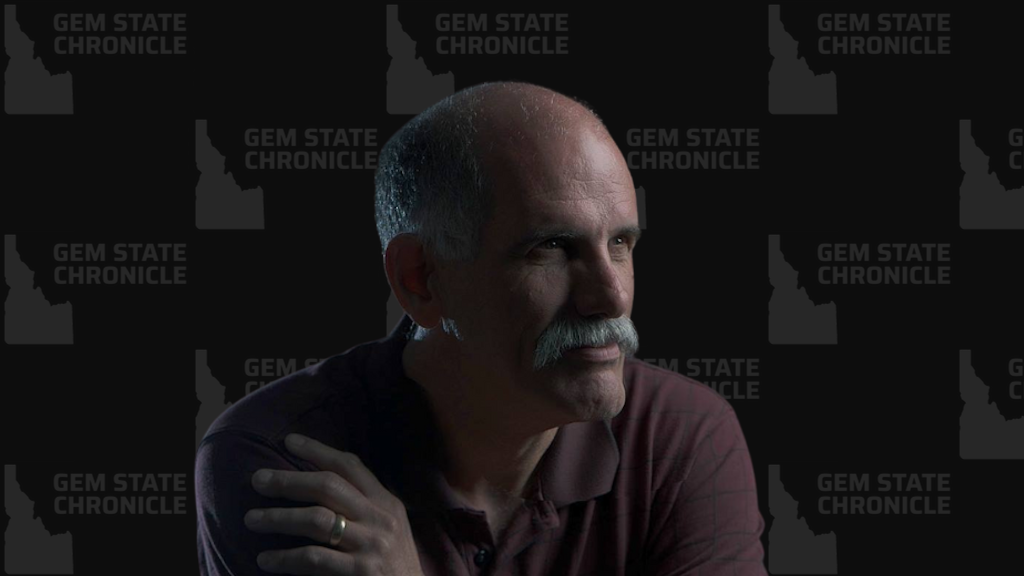By Brent Regan
In Idaho, what mechanisms are in place to ensure the quality and fairness of Idaho’s third branch of government?
Previously I wrote about how judges are appointed and subsequently stand to be retained by the voters. The problem is that voters are being asked to make the decision about retaining a particular judge without significant information regarding the judge’s performance. Judges are barred from campaigning or seeking endorsements so there is no vehicle for informing voters. Without information, how are you supposed to make an informed decision?
The reason for the dearth of information is the justified fear that judgeships could become politicized which would negatively impact their perceived, if not actual, impartiality.
To address this issue, the Kootenai County Republican Central Committee established a subcommittee to study the problem of evaluating judges and report back to the KCRCC. The Judicial Evaluation Committee report was presented to the KCRCC at our August meeting. The full report is available on the KCRCC.com website and a synopsis follows.
Idaho does have a Judicial Performance Evaluation (JPE) Program which is administered by the Idaho Supreme Court in an effort to promote excellence in judicial performance through education, training, and confidential feedback mechanisms. Established to support judicial self-improvement, the program focuses on providing judges with constructive, anonymous input on their work rather than serving as a disciplinary tool. Evaluations are conducted via confidential surveys distributed to attorneys who have appeared before the judge in the preceding 12 months. These surveys seek frank feedback on the judge’s recent performance and are designed to highlight strengths and areas for growth.
KCRCC’s Judicial Evaluation Committee made a request to the Idaho Supreme Court to share results of the JPE program with the public. From the Judicial Evaluation Committee’s report: “We have since been informed by staff that the court declines to make this information public for three reasons: (1) The attorneys and court staff who evaluate judges for the JPE do so anonymously, with the understanding that the results of this evaluation are to be used only for informing individual judges of their performance. To make this information public would, in the view of the Idaho Supreme Court, betray the confidence of those who participate in the surveys; (2) The use of the JPE results could expose the Idaho Supreme Court to accusations of attempting to influence elections of judges; and (3) Such sharing may be in violation of Idaho law which prohibits using public money for electioneering.”
“Since the voters of Idaho will not receive any useful information from the Idaho Supreme Court, on which to base rational decisions about retaining or electing judges, this subcommittee recommends that the KCRCC take the initiative with a three-pronged approach.
The first prong is to push for a change in the Idaho Constitution that will allow the recall of magistrates and judges. The second prong is for the KCRCC to conduct an anonymous poll of attorneys and other court-related professionals, regarding the performance of magistrates and judges, and make the results of that poll known publicly, prior to every election in which judges or magistrates are to be voted on. The third prong is to adopt the resolution read aloud here eight months ago, to make Idaho judges’ rulings more easily accessible and searchable on-line.”
“Currently, Idaho’s Constitution states that, “Every public officer in the state of Idaho, except judicial officers, is subject to recall by the legal voters of the state or of the electoral district from which he is elected.” (Article VI, Section 6) In Idaho, signatures of at least 20% of the eligible voters in the jurisdiction from which the official was elected are required to place the recall of a public official on the ballot. Changing the Idaho Constitution to allow recall of judges would be a significant undertaking. However, the Idaho Constitution does allow the Legislature to determine the manner of selection of judges. The Legislature, without a change in the Constitution, could actually institute direct elections of judges, even partisan elections.”
The second prong would be “to use many of the same objective, non-political and non-partisan questions as the Idaho Supreme Court uses for their JPE, to survey those who have frequent contact with our local judges.”
Questions may follow the general form; “Regardless of whether you agreed with the outcome, to what extent did the judge’s decisions or ruling follow logically from: . . . the applicable court rule(s) or procedure(s)? . . . the applicable law(s) or statute(s)? . . . the presented evidence?” The judge would be evaluated on each element.
Questionnaires would be prepared and sent out in nested envelopes to practicing Idaho attorneys. The nested envelopes, similar to those used for mail in voting, would ensure the replies would be anonymous.
The results for each question would be an average of the responses. The results would be published so that the public could easily review them prior to making a decision in the voting booth.
The third prong would be an effort to encourage the State of Idaho to make their judicial website more accessible and easily searchable by judges’ names and by type of case. The goal would be to make Idaho’s data systems comparable to the federal court system’s on-line Public Access to Court Electronic Records (PACER) system, making the data easily available.
At first it would seem that evaluating judges would be a simple matter, but as you examine the problem you become aware of then opposing goals of transparency and privacy. Nobody wants to stand before a judge after publicly giving that judge a bad review.
It should be possible to provide the much needed information to the voters so that they can make an informed decision but it will require developing a careful and thoughtful process.
It’s just common sense.
I would like to thank the members of the KCRCC Judicial Evaluation sub-committee, and especially Chairman Mills, for their efforts towards resolving this difficult problem.
About Brent Regan
Brent Regan is chairman of the Kootenai County Republican Central Committee, chairman of the Idaho Freedom Foundation, and a mad scientist inventor.













